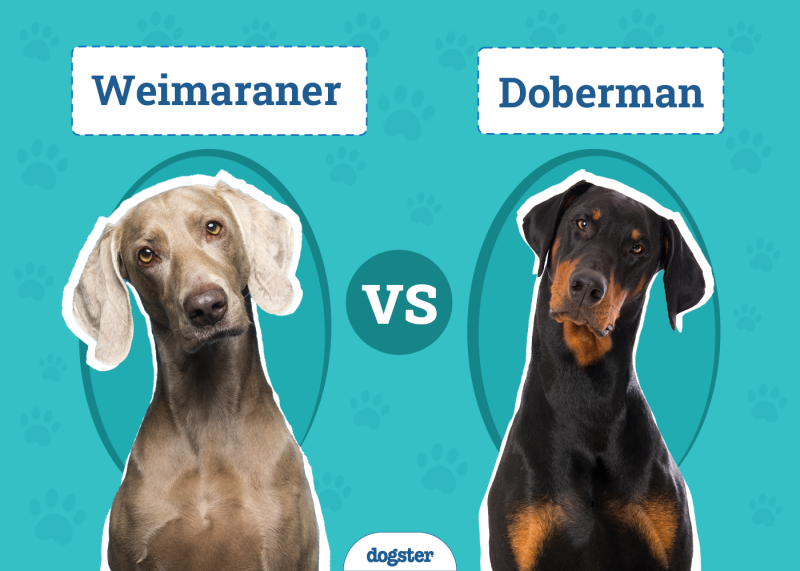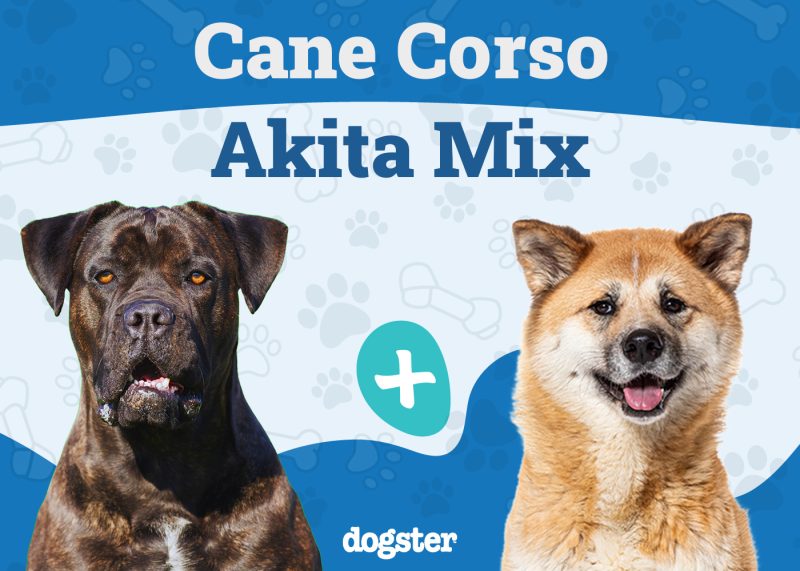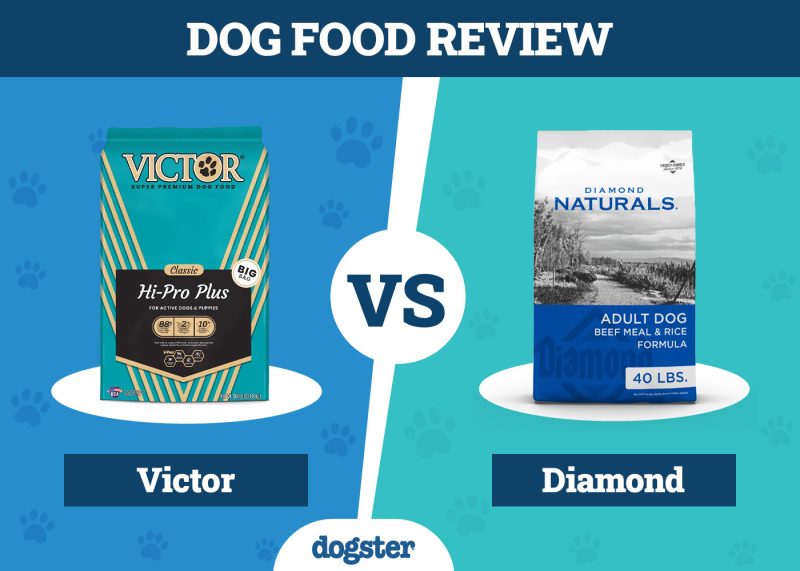In this article
Fish oil has been in the headlines for the past several years, not only for its purported benefits for human health but also for what it is said to achieve for our pets. Alaskan fish oil is an effective source of essential fatty acids (EFAs) that can support the general health of dogs of every age, size, and breed.
Read on to learn more about the benefits, risks, and applications of this supplement to determine if it’s right for your dog.

What Is Alaskan Fish Oil?
Alaskan fish oil is a supplement high in omega-3 fatty acids, one of numerous polyunsaturated fatty acids (PUFAs) that have physiologic roles in the body. Omega 3s are considered essential PUFAs as they are necessary for optimal functioning in mammals, but they must be consumed via the diet.
The exact combination of fish oils used in the supplement can vary from manufacturer to manufacturer. Some may only use wild Alaskan salmon oil, while others combine a number of different oils, such as wild Alaskan pollock oil and even Atlantic salmon oils. Adding other fish species is not a sly business tactic, as it actually eases the burden put on the fish supply chain and is, therefore, more sustainable.

What Are Omega-3 Fatty Acids?
Omega-3s include eicosapentaenoic acid (EPA), alpha-linolenic acid (ALA), and docosahexaenoic acid (DHA).
ALA is essential in that dogs cannot manufacture it on their own, dogs can convert ALA into DHA and EPA, which have the most health benefits, but the process is not very efficient. As a result the National Research Council (NRC) lists only EPA and DHA as necessary for your pup’s diet, these are found in cold water ocean fish or fish oils, and products made from algae or krill oil. However, the exact requirements will vary based on your dog’s age. For example, puppies need more DHA than their adult counterparts to support brain development and improve their cognitive functioning.
What Are the Benefits of Alaskan Fish Oil for Dogs?
There are many purported benefits of supplementing your dog’s diet with the omega-3s found in fish oils, including potentially:
- Modifying the inflammation and immune responses in dogs
- Positively impacting heart health by reducing arrhythmias
- Supporting brain and eye development in puppies
- Improving the quality of life and reducing pain in arthritic dogs
- Improving skin barrier function and reducing itchiness in atopic dogs
- Slowing progression of chronic kidney disease in dogs
However, it is essential to note that evidence suggesting omega-3 supplementation benefits is primarily derived from dogs on therapeutic diets containing high levels of EFAs. There is currently limited evidence of the benefits of using fish oil supplements.

Are There Risks Associated With Alaskan Fish Oil?
One study suggests that potential adverse effects of omega-3 fatty acid supplementation can include things such as:
- Adverse gastrointestinal effects (e.g., vomiting, diarrhea, pancreatitis)
- Negative impact on wound healing
- Negative effect on insulin sensitivity
- Potential for nutrient excess or toxin exposure
- Weight gain
How to Find the Best Alaskan Fish Oil
There are several things one should consider before buying Alaskan fish oil for their dogs.
Sustainability. Protecting our oceans and their natural resources is essential. Thankfully, most fisheries from which fish oils are sourced are certified or actively pursuing certification to ensure good environmental stewardship and sustainable growth. Please do your research to find out what information your Alaskan fish oil supplement manufacturer provides about their certification process.
EFA Content. Read the guaranteed analysis on your bottle to determine how much EPA and DHA the supplement contains.
Ingredients. Poor-quality fish oils can contain random filler oils, farmer fish, and even artificial flavorings or preservatives. Don’t just look for the EFA content, but peruse the ingredient list, too, to scout out any potentially harmful ingredients.

How to Use Alaskan Fish Oil
The best way to use Alaskan fish oil is as directed by your veterinary team or the packaging on the product you’ve purchased. However, the most common way to use this product is to apply the recommended number of pumps to your pup’s food bowl during mealtime. The pumps required will depend on your dog’s weight.
When introducing a new supplement to your pup’s diet, the key is taking it slow. Giving them too much too quickly can upset their stomach in the same way introducing any new food can. Keep a close eye on your dog for the first several days to determine if they have an adverse reaction to their fish oil. If you notice any vomiting or diarrhea, stop administering this product and speak to your veterinary team.
If you need to speak with a vet but can't get to one, head over to PangoVet. It's our online service where you can talk to a vet online and get the advice you need for your pet — all at an affordable price!

Note: Fish oil is known for its very potent smell; it is fish, after all. It’s normal for your dog’s breath to, therefore, be a little fishy afterward.
- You might be interested in: 10 Best Dog Breath Fresheners

Final Thoughts
Alaskan fish oil can be an excellent supplement for dogs as it offers plenty of science-backed benefits. However, before buying some for your pet, we recommend speaking with your veterinary team. They can offer recommendations on the best product to purchase as well as provide dosage instructions so your dog will reap all the benefits.
Featured Image Credit: stevepb, Pixabay




















